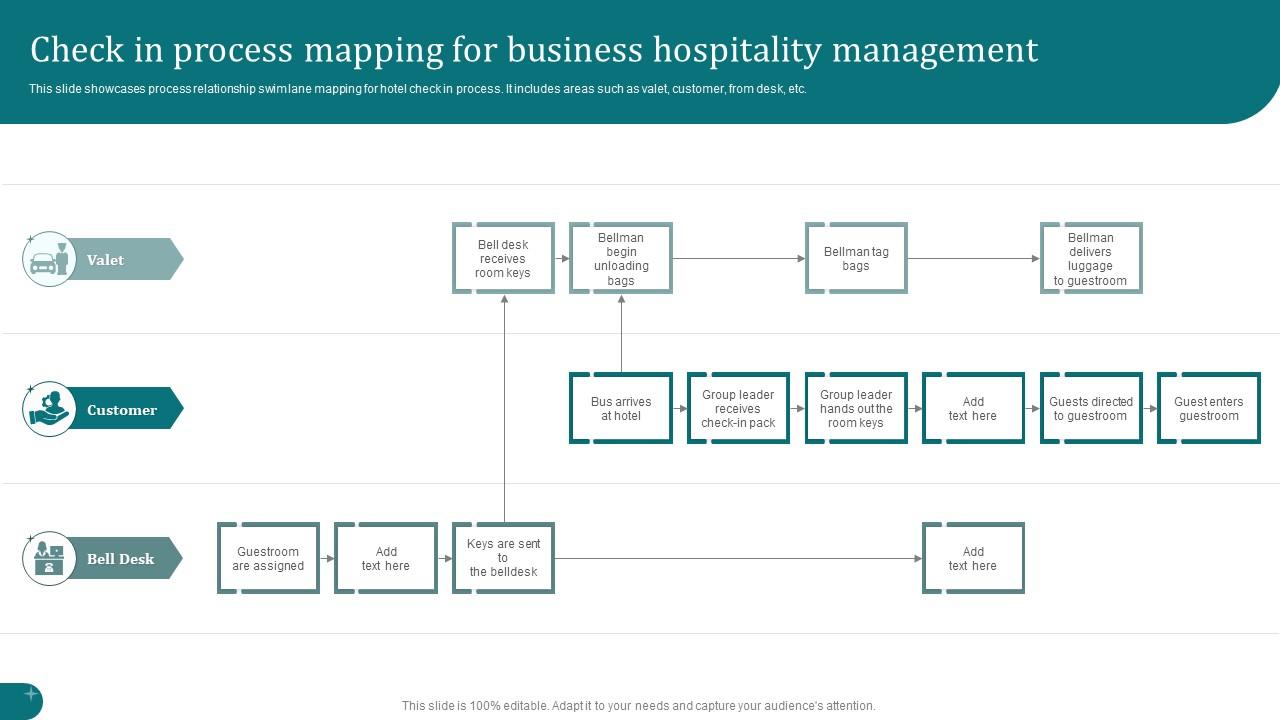
Strategic Business Checkbook Management: Efficient Financial Control
Effective business checkbook management is a cornerstone of financial control, providing businesses with the tools and strategies needed to navigate transactions and maintain a healthy financial outlook.
The Importance of Checkbook Management in Business
Checkbook management serves as the backbone of a business’s financial operations. It provides a clear overview of income, expenditures, and cash flow, enabling informed decision-making. A well-managed checkbook is crucial for maintaining financial stability and planning for future growth.
Implementing Clear Budgetary Guidelines
Establishing clear budgetary guidelines is fundamental to effective checkbook management. Businesses should define spending limits, allocate funds for different expenses, and regularly review and adjust budgets as needed. This proactive approach ensures that financial resources are allocated efficiently.
Recording Transactions Accurately
Accurate record-keeping is a non-negotiable aspect of effective checkbook management. Every transaction, whether income or expense, should be meticulously recorded. Utilizing accounting software or dedicated checkbook management tools simplifies this process, providing real-time insights into the financial health of the business.
Regular Reconciliation of Accounts
Regular reconciliation of accounts is a best practice in checkbook management. This involves comparing financial records with bank statements to identify and rectify any discrepancies. Timely reconciliation ensures that the business is aware of its actual financial position and can address potential issues promptly.
Utilizing Digital Checkbook Management Tools
In the digital age, businesses have access to a plethora of checkbook management tools that streamline the process. Digital platforms offer features such as automated transaction categorization, expense tracking, and real-time reporting. Adopting these tools enhances efficiency and accuracy in financial management.
Implementing Checkbook Controls for Fraud Prevention
Business checkbook management goes beyond tracking transactions; it also includes implementing controls to prevent fraud. This involves setting up authorization protocols, using secure check stock, and regularly reviewing and verifying transactions to identify any suspicious activity.
Forecasting and Planning for Future Expenses
Effective checkbook management enables businesses to forecast and plan for future expenses. By analyzing past spending patterns and considering upcoming financial commitments, businesses can create realistic forecasts. This forward-thinking approach helps in allocating resources strategically.
Collaborating with Financial Professionals
Engaging with financial professionals, such as accountants or financial advisors, can provide valuable insights into optimal checkbook management strategies. These experts can offer guidance on budgeting, financial planning, and compliance with relevant regulations, contributing to the overall financial health of the business.
Continuous Monitoring and Adjustment
Checkbook management is not a one-time task; it requires continuous monitoring and adjustment. Businesses should regularly review financial reports, assess the effectiveness of budgetary guidelines, and make adjustments based on changing circumstances. This proactive approach ensures adaptability to evolving financial landscapes.
Educating Team Members on Financial Responsibilities
Financial responsibility is a shared effort within a business. Educating team members on their roles and responsibilities in the checkbook management process is crucial. This includes training on expense reporting, adherence to budgetary guidelines, and the importance of accurate and timely financial documentation.
To explore effective strategies for Business Checkbook Management, visit Millennium Business. Gain insights into optimizing financial control, ensuring accurate record-keeping, and fostering a healthy financial environment for your business.